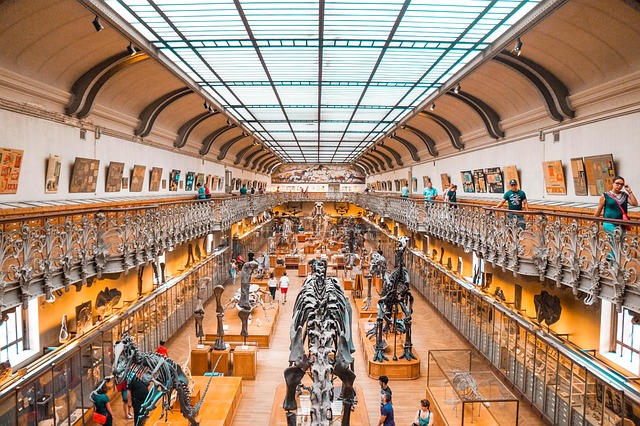Revolutionizing Fashion: The Impact of Fast Fashion on Today’s Trends
The world of fashion is in a constant state of flux, with trends coming and going at an astonishing rate. One of the most significant catalysts fueling this rapid transformation is the rise of fast fashion. This phenomenon has dramatically reshaped the industry, influencing not only what we wear but also how we perceive fashion itself.
Fast fashion refers to the production of inexpensive clothing that quickly translates the latest runway trends into wearable pieces available to consumers at a fraction of the cost. Brands like Zara, H&M, and Forever 21 have successfully capitalized on this model, making stylish apparel accessible to the masses. However, while fast fashion democratizes trends, it also raises important questions about sustainability, quality, and consumer values.
With the click of a button, fashion enthusiasts can now shop the latest styles without the hefty price tag. This instant gratification has become a driving force in consumer behavior, creating a culture where clothing is often seen as disposable. The thrill of acquiring new outfits every season—or sometimes every month—can quickly overshadow the joy of curating a timeless wardrobe. As a result, many individuals find themselves trapped in a cycle of accumulation, where the latest trend dominates their choices, leaving little room for personal expression.
This shift in mindset challenges the traditional notion of fashion. No longer is fashion merely an art form or a vehicle for self-expression; it has transformed into a fast-paced business model that prioritizes speed and convenience over craftsmanship and sustainability. As consumers, we must reflect on our role in this ecosystem. Are we merely trend-chasers? Or can we embrace a more mindful approach to our wardrobe choices?
Moreover, the impact of fast fashion extends beyond the consumer level. The environmental repercussions are becoming increasingly evident, as the industry grapples with pollution, waste, and unethical labor practices. The urge to keep up with trends often comes at the cost of our planet. Solidarity with sustainable fashion practices is essential in countering this trend. By supporting brands that prioritize ethical production, we can gradually shift the focus from fast consumption to sustainable fashion.
As technology continues to advance, the pace of fashion will inevitably quicken. However, amidst this revolution, there’s also a growing movement toward conscious consumerism. Many designers and brands are advocating for slow fashion principles, emphasizing quality over quantity and encouraging consumers to invest in timeless pieces that transcend fleeting trends. This shift not only fosters a deeper connection with our clothing but also contributes to a more sustainable future for the industry.
Fast fashion has undeniably revolutionized the way we approach clothing, making styles more accessible while challenging the very essence of what fashion means to us. As we navigate this evolving landscape, it’s crucial for each of us to consider how our choices impact not just our wardrobes, but also the world around us. Fashion can still be a reflection of our individuality, but it’s up to us to redefine the narrative in a way that prioritizes both creativity and sustainability.




